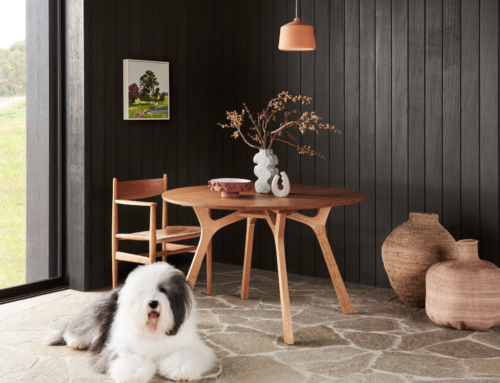A damp home is your worst nightmare! If you have damp and mould in your home you’re more likely to have respiratory problems, respiratory infections, allergies or asthma. A big no thankyou!
A damp home is often cold, difficult and expensive to heat, susceptible to mould and mildew and worst of all, bad for your family’s health. However, it is something that can be remedied.
How do I know if my home is damp?
A musty smell in a room that isn’t in constant use can be a giveaway of a damp problem. However, it is usually the discovery of mould or mildew that triggers the damp discussions! Mould may form on ceilings or walls or it may be seen behind furniture, mirrors and picture frames up against walls. It may show as mould spots or as watery stains. Often clothing in wardrobes or drawers may become damp or mouldy too.
In more advanced cases, there may be rotting wood in window surrounds or flooring edges. A musty smell may also be present under the house.
Tips to keep moisture out of your home
- Line-dry your washing, when you can
- Rather than drying clothes inside, utilise a covered area outside when wet or set up a clothes horse in the garage (with the door/window open)
- If you do use a tumble dryer, ensure that it is vented outside
- When showering, bathing or cooking, turn on the extractor fan before you start and leave it on a few minutes after you finish. If you don’t have an extractor, open a window.
- Consider a dome for over your shower to stop steam forming
- When cooking, use pot lids (your dinner will cook quicker too!)
- Reduce condensation by heating your whole home*
- If condensation forms, wipe off any moisture from windows/walls
- Include a check for leaks from pipes under the floor and from your roof in your home maintenance
- Ensure sub-floor vents are clear of plants and other obstructions to allow air to circulate
- Do not use portable gas heaters indoors (without a flue) as they release a lot of moisture and can be dangerous
- Open the windows for at least a few minutes each day to ventilate the rooms
- Keep mattresses off the floor – use a bed base for air circulation
For more information, visit Gen Less (formerly Energywise).
* Warm air can hold more moisture than cold air, which is why an efficient heating system in your home can put a stop to condensation forming on windows and walls.
Keeping your home warm with insulation and an efficient and effective heating system can improve the effects of ventilation and reduce the risk of mould growth.
 Written by Julie Scanlon
Written by Julie Scanlon
Julie is a regular Her World contributor and our MVP. Her hobbies include laughing uncontrollably at her own jokes, annoying her family by asking questions about movie plots, and never taking anything too seriously. She speaks a little Spanish and a lot of Yorkshire.
Favourite motto to live by: “It ain’t nothing but a thing”






Leave A Comment
You must be logged in to post a comment.